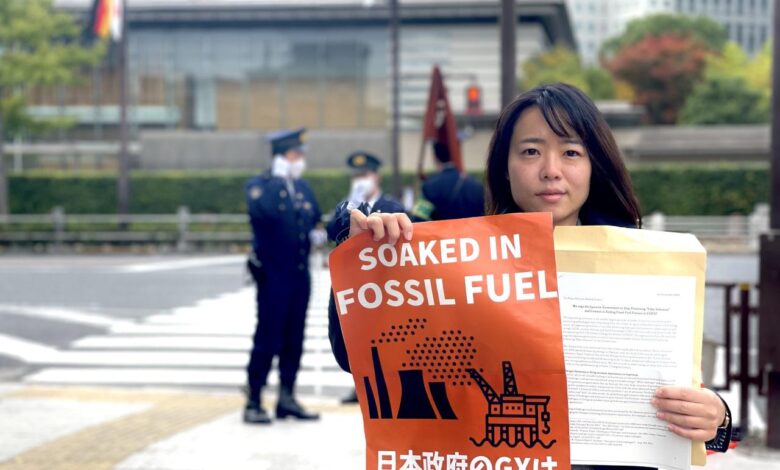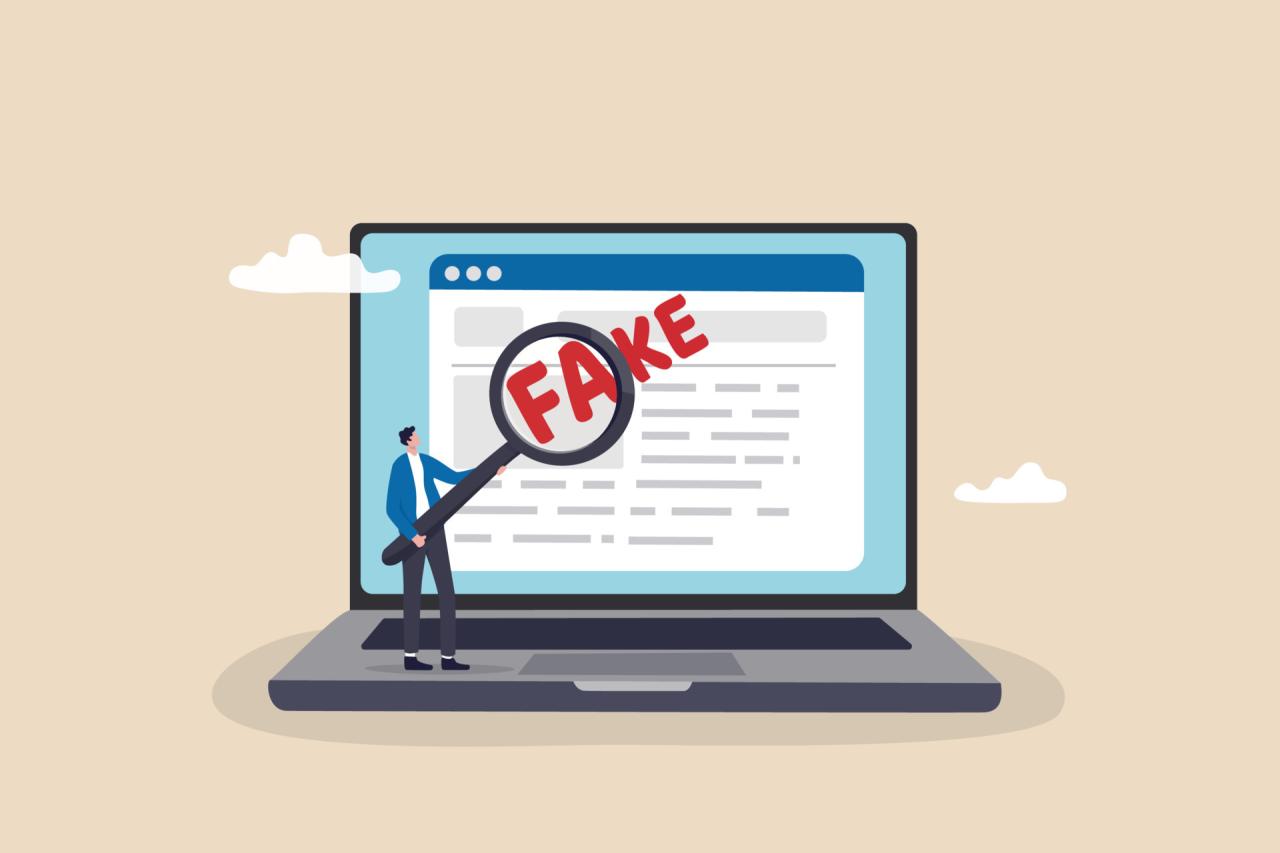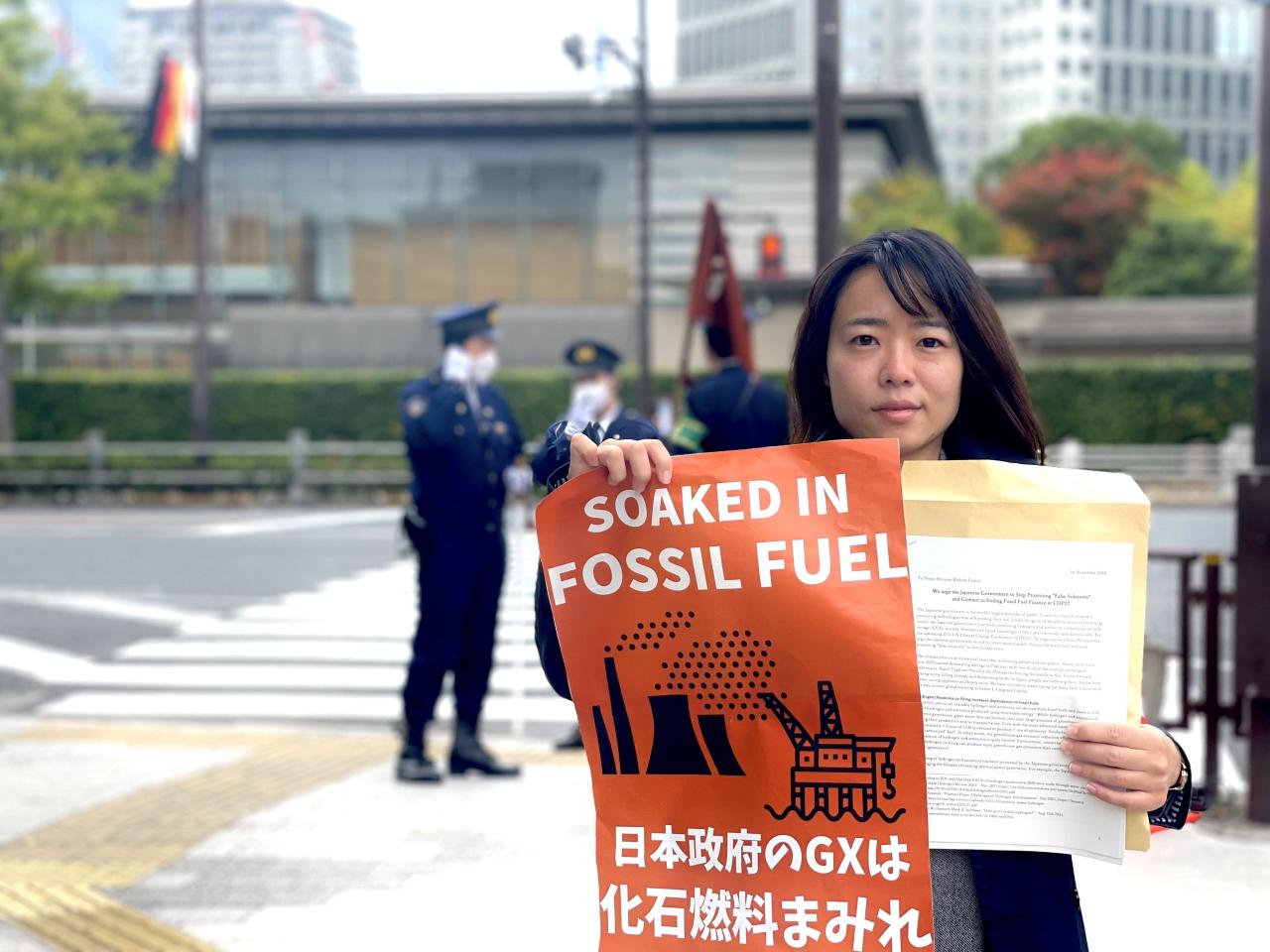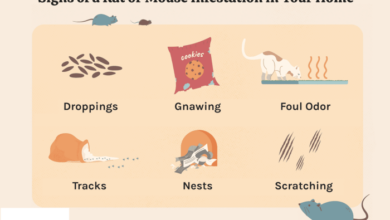
California to Investigate Fossil Fuel Companies Over Deceptive Plastic Recycling Myths
California to investigate fossil fuel companies over deceptive plastic recycling myths – California is taking a stand against the fossil fuel industry, launching an investigation into their alleged deceptive practices surrounding plastic recycling. This move comes amidst growing concerns about the environmental impact of plastic pollution and the industry’s role in perpetuating misleading narratives about recycling.
The investigation aims to shed light on how these companies have contributed to a system where plastic waste often ends up in landfills and oceans, despite widespread public belief that it’s being recycled effectively.
The inquiry focuses on allegations that fossil fuel companies have actively promoted misleading claims about the recyclability of plastics to maintain their lucrative market share. This includes deceptive marketing campaigns, lobbying efforts, and public statements that downplay the complexities of plastic recycling and the challenges of finding viable solutions for plastic waste.
California’s Investigation: California To Investigate Fossil Fuel Companies Over Deceptive Plastic Recycling Myths

California’s investigation into fossil fuel companies regarding plastic recycling myths is a significant development in the fight against plastic pollution and climate change. This investigation aims to uncover the extent to which these companies have misled the public about the recyclability of plastics, hindering efforts to address the growing plastic waste crisis.
Background and Context
The investigation stems from a growing awareness of the plastic recycling myth, a pervasive misconception that most plastic waste is actually recycled. In reality, only a small percentage of plastics are effectively recycled, while a vast majority ends up in landfills, incinerators, or polluting our environment.
This disconnect between public perception and reality is a major contributing factor to the plastic waste crisis.
History of Plastic Recycling and the Role of Fossil Fuel Companies
The history of plastic recycling is intertwined with the interests of fossil fuel companies. The development of plastics, primarily derived from fossil fuels, was heavily promoted by these companies as a solution to resource scarcity and environmental concerns. However, the inherent difficulty in recycling many types of plastics, combined with the economic incentives for virgin plastic production, has led to a system where recycling has been largely ineffective.Fossil fuel companies have played a significant role in shaping public perception about plastic recycling through various means:
- Deceptive Marketing Campaigns:These companies have invested heavily in marketing campaigns that promote the image of plastic as a recyclable material, often emphasizing the ease of recycling and the positive environmental impact it has. These campaigns have often downplayed the limitations of plastic recycling and the environmental consequences of plastic waste.
California’s investigation into fossil fuel companies’ deceptive plastic recycling myths is a crucial step in holding them accountable for their environmental impact. While the state tackles this issue, it’s important to remember the larger economic picture. As Jim Cramer argues in his article, feds powell must slay these seven dragons for market to recover cramer says , the Federal Reserve must address key economic challenges to ensure a strong market.
Ultimately, tackling environmental issues and economic instability go hand-in-hand, and California’s investigation into plastic recycling is a positive step in the right direction.
- Lobbying Efforts:Fossil fuel companies have actively lobbied against policies that would promote recycling and reduce plastic production. They have often supported initiatives that prioritize virgin plastic production over recycling, hindering efforts to develop a truly circular economy for plastics.
- Industry Associations:Through industry associations, fossil fuel companies have worked to control the narrative around plastic recycling, influencing research, standards, and public perception.
Allegations Against Fossil Fuel Companies
The investigation focuses on specific allegations against fossil fuel companies, including:
- Deceptive Marketing Practices:These companies have been accused of using misleading language and imagery in their marketing campaigns to create the impression that plastics are easily recyclable, even when this is not the case. For example, using the recycling symbol on packaging even for plastics that are not readily recyclable.
- Lobbying Against Recycling Policies:Fossil fuel companies have been accused of actively lobbying against policies that would promote recycling and reduce plastic production, such as extended producer responsibility (EPR) schemes that require manufacturers to be responsible for the end-of-life management of their products.
- Funding Anti-Recycling Groups:Some fossil fuel companies have been accused of funding organizations that promote the benefits of plastic production and downplay the environmental consequences of plastic waste. These organizations often work to discredit recycling initiatives and promote the use of virgin plastics.
The Role of Fossil Fuel Companies

The plastic crisis is intricately linked to the fossil fuel industry. While plastic is often perceived as a separate entity, its origins lie in the extraction and processing of oil and gas, key products of the fossil fuel industry.
Fossil Fuel Companies and Plastic Production
Fossil fuel companies play a pivotal role in the plastic lifecycle, from extraction to production. The majority of plastics are derived from hydrocarbons, primarily natural gas and oil, which are extracted and refined by these companies. The process involves converting these raw materials into various monomers, which are then polymerized to create the diverse range of plastics we use today.
Economic Incentives for Plastic Promotion
Fossil fuel companies have a strong economic incentive to promote plastic production. As demand for traditional fossil fuels like gasoline and diesel declines due to concerns about climate change and the rise of renewable energy, plastic production offers a lucrative alternative market for their products.
California’s investigation into fossil fuel companies over deceptive plastic recycling myths is a crucial step towards environmental accountability. It’s a reminder that we need to be discerning about the information we consume, especially when it comes to our planet’s health.
This kind of critical thinking is something emotionally intelligent people do instinctively, often employing the “Tom Hanks rule” – a simple yet effective approach to making informed decisions. Learn more about how emotionally intelligent people use the Tom Hanks rule to get more out of work and life.
By holding these companies accountable, California is setting a precedent for a more sustainable future, one that demands transparency and responsibility from those who impact our environment.
“The global plastic production market is projected to reach USD 635.5 billion by 2028, at a CAGR of 5.7% during the forecast period. The growth of the market is driven by increasing demand for plastic from various end-use industries, including packaging, construction, automotive, and electronics.”
Grand View Research, 2023.
California’s investigation into fossil fuel companies for spreading deceptive plastic recycling myths is a welcome development, but it’s also a reminder of the need for broader systemic change. While we focus on holding these companies accountable, it’s important to remember that our educational system, thankfully, will be spared the divisive statewide election battles that often plague other states.
This relative stability in education policy allows for a more focused approach to tackling the complex issue of plastic pollution and promoting sustainable practices, ultimately benefiting both our environment and future generations.
This economic incentive creates a conflict of interest, where fossil fuel companies benefit from promoting plastic use while downplaying the environmental consequences.
Environmental Impacts of Plastic Pollution
Plastic pollution has become a global crisis, with devastating consequences for marine life, ecosystems, and human health.
- Marine Life:Plastic debris, particularly microplastics, has infiltrated the oceans, posing a threat to marine animals. Ingestion of plastic can cause starvation, suffocation, and internal injuries. Seabirds, turtles, and whales are particularly vulnerable to entanglement and ingestion of plastic.
- Ecosystems:Plastic pollution degrades the environment. It accumulates in landfills, contaminates soil and water sources, and disrupts natural ecosystems. Microplastics can enter the food chain, posing risks to human health.
- Human Health:Exposure to plastic chemicals, such as bisphenol A (BPA), has been linked to various health problems, including endocrine disruption, reproductive issues, and increased risk of cancer. Plastic pollution also contributes to the spread of infectious diseases through contaminated water and food sources.
Implications and Potential Outcomes of the Investigation
California’s investigation into fossil fuel companies’ alleged deceptive practices regarding plastic recycling could have far-reaching implications for the industry and the broader landscape of plastic waste management. The findings could lead to significant legal, financial, and regulatory consequences for companies found to have engaged in misleading claims about plastic recyclability.
Potential Legal and Financial Consequences
If the investigation reveals that fossil fuel companies have knowingly misled the public about the recyclability of plastics, they could face substantial legal and financial consequences.
- Class-action lawsuits:Consumers who have been misled by the deceptive marketing practices of fossil fuel companies could file class-action lawsuits seeking compensation for damages.
- Government fines:California and other jurisdictions could impose hefty fines on companies found to have violated consumer protection laws or environmental regulations.
- Reputational damage:Negative publicity and public scrutiny could severely damage the reputation of fossil fuel companies, leading to a decline in consumer trust and potential boycotts.
- Increased scrutiny:The investigation could trigger more stringent oversight of the plastic industry by regulators and policymakers, leading to increased scrutiny of recycling claims and stricter regulations.
Potential Policy Changes and Regulatory Action
The investigation’s findings could significantly influence policy changes and regulatory action aimed at addressing the plastic recycling crisis.
- Mandatory recycling standards:Regulations could be implemented to establish mandatory recycling standards for plastic products, ensuring that they are truly recyclable and meet specific criteria.
- Extended producer responsibility:Companies could be held responsible for the entire lifecycle of their products, including their disposal and recycling. This could incentivize them to design more recyclable products and invest in recycling infrastructure.
- Increased funding for recycling infrastructure:The investigation could lead to increased public and private funding for research and development of innovative recycling technologies and improvements to existing recycling infrastructure.
- Bans on problematic plastics:The investigation could spur bans or restrictions on the production and use of certain types of plastics that are difficult or impossible to recycle, such as single-use plastics.
Consumer Awareness and Action
The investigation into fossil fuel companies’ deceptive practices regarding plastic recycling has highlighted the critical need for consumer awareness. Understanding the complexities of plastic recycling and the role of these companies is crucial for making informed choices and promoting sustainable practices.
The Importance of Consumer Awareness
The widespread belief that most plastic is recyclable is a myth perpetuated by fossil fuel companies to maintain their profits and avoid accountability for the environmental damage caused by plastic pollution. This misinformation has contributed to the global plastic crisis, with millions of tons of plastic ending up in landfills and oceans every year.
- Misleading Labeling:Many plastic products are labeled with the recycling symbol, leading consumers to believe they are recyclable, when in reality, the recycling infrastructure and technology are inadequate to handle the vast majority of plastic types.
- Limited Recycling Capacity:The actual recycling rates for plastic are significantly lower than advertised, with only a small percentage of plastic waste being successfully recycled. This is due to factors such as the complexity of plastic types, the cost of recycling, and the lack of sufficient recycling facilities.
- Downcycling:Even when plastic is recycled, it often undergoes a process called “downcycling,” where it is converted into lower-quality products, such as plastic lumber or fleece. This process reduces the value of the material and ultimately leads to more plastic waste.
Recommendations for Consumers, California to investigate fossil fuel companies over deceptive plastic recycling myths
Armed with this knowledge, consumers can take action to reduce their plastic footprint and hold corporations accountable for their practices.
- Reduce Plastic Consumption:Consumers can actively choose to reduce their plastic consumption by opting for reusable alternatives, such as reusable bags, water bottles, and food containers. Avoiding single-use plastics like straws, cutlery, and packaging can significantly reduce plastic waste.
- Check Recycling Guidelines:Consumers should consult local recycling guidelines to understand what types of plastics are accepted in their area. It is important to note that even if a plastic item has the recycling symbol, it may not be recyclable in their specific region.
- Support Sustainable Businesses:Consumers can choose to support businesses that prioritize sustainability and reduce plastic waste. This can include shopping at stores that offer bulk options, using reusable containers, and avoiding products with excessive plastic packaging.
Consumer Activism and Advocacy
Consumer activism and advocacy play a vital role in promoting sustainable practices and holding corporations accountable.
- Educate and Engage:Consumers can educate themselves and others about the true impact of plastic pollution and the deceptive practices of fossil fuel companies. Sharing information and engaging in conversations about plastic waste can raise awareness and encourage others to take action.
- Support Advocacy Groups:Consumers can support advocacy groups that work to address plastic pollution and promote sustainable solutions. These organizations advocate for policy changes, hold corporations accountable, and promote consumer education and action.
- Contact Companies:Consumers can contact companies directly to express their concerns about plastic waste and demand more sustainable practices. They can also voice their support for companies that are taking steps to reduce their plastic footprint.
Last Recap

California’s investigation into fossil fuel companies’ deceptive practices surrounding plastic recycling holds the potential to reshape the landscape of the industry. The investigation could lead to legal and financial consequences for companies found guilty of misleading consumers. Moreover, it could spur policy changes and regulatory action to address the widespread issue of plastic pollution and promote more sustainable practices.
This move highlights the growing awareness of the environmental impact of plastic and the need for greater transparency and accountability from corporations. It’s a pivotal moment for consumers, environmental advocates, and policymakers to come together and demand a more sustainable future for plastic.






